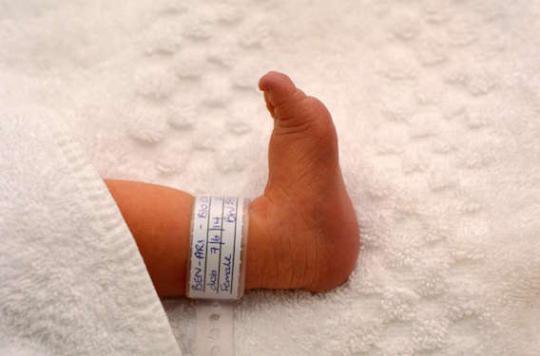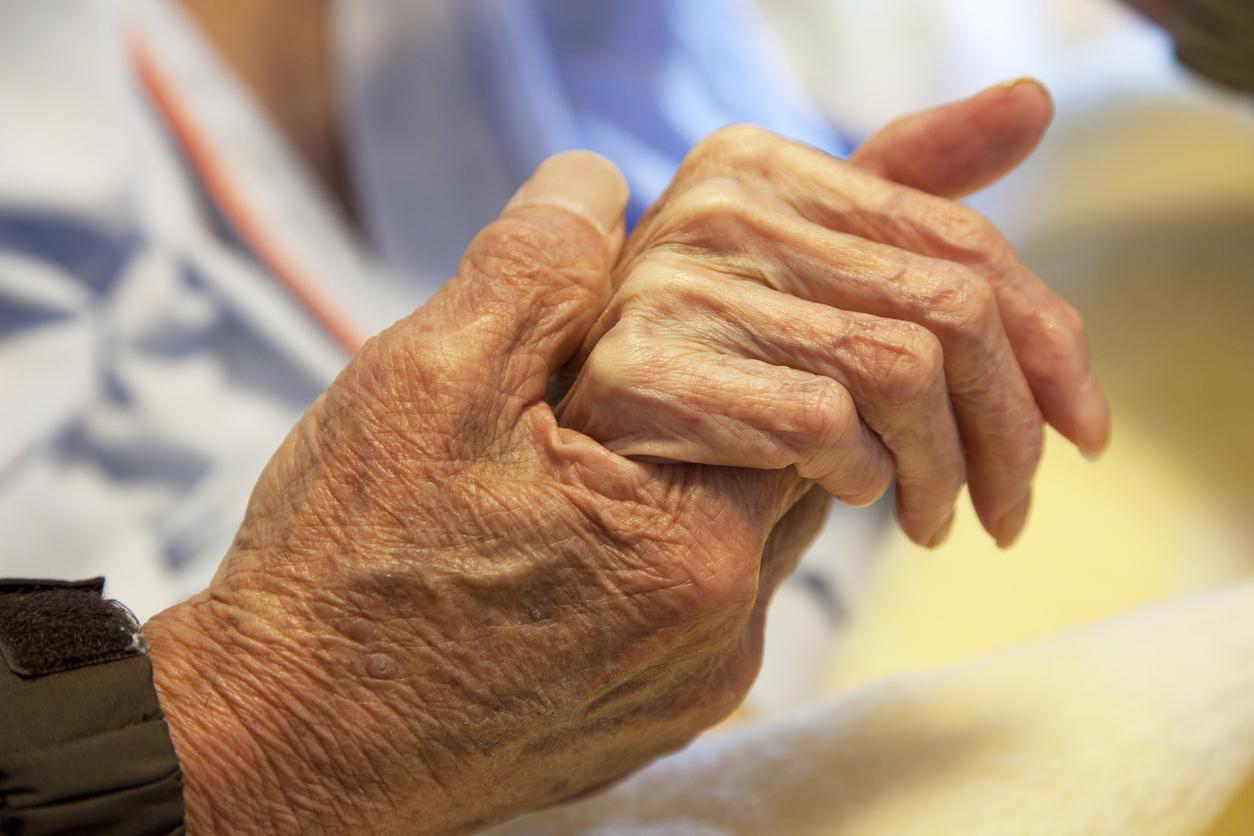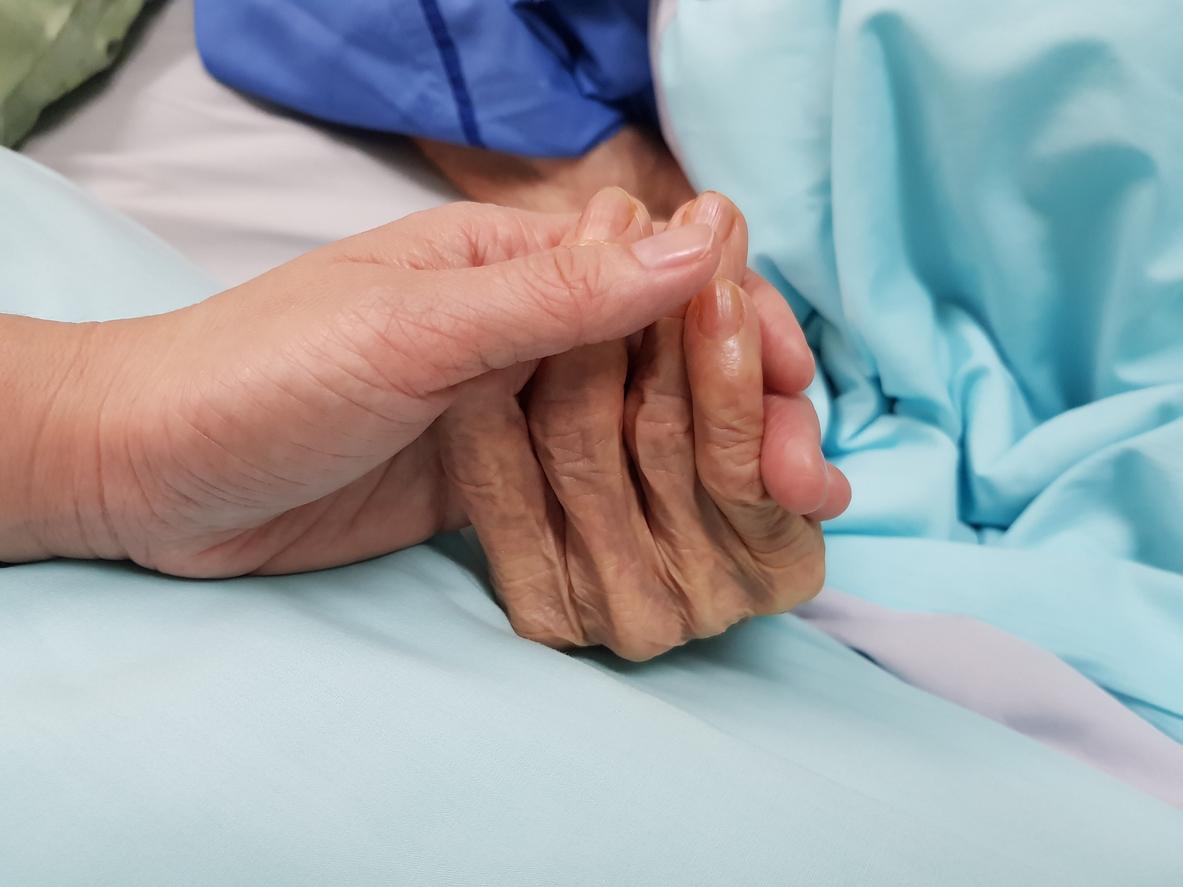INTERVIEW – The decision to stop caring for a child at the end of life can generate conflicts between caregivers and parents. Dialogue is therefore essential.

This Thursday, the Council of State is studying the case of little Marwa, a baby suffering from an irreversible motor deficit and plunged into an artificial coma. The Public Assistance-Hospitals of Marseille (AP-HM) has indeed seized the jurisdiction to challenge a court decision ordering it to continue treatment, as requested by the parents.
Parents who denounce a lack of consideration on the part of medical teams, accused of not taking their opinion into account. Alongside this tragic fact, some medical voices affirm that the media coverage of these conflictual situations – Titouan, Vincent Lambert… – has resulted in greater difficulty in promoting medical advice to families.
Prof. Marcel-Louis Viallard, head of the mobile support and palliative care team at Necker Hospital, discusses these difficult cases and how to defuse the tensions that may emerge.
Has the legalization and media coverage of conflicting cases weakened medical speech?
Prof. Viallard: No. Rather, I believe that this showed a problem: the fact that everyone, and especially families, sometimes have the impression that the individual’s word is not taken into account. When they accuse the doctors, they say to them: “you represent the system, the society which does not leave us our place and prevents us from deciding what concerns us”. But this is not really aimed at doctors and I do not have the impression that these cases have increased mistrust of the medical profession.
On the other hand, this could have complicated relations with the doctor who is bound by a legal framework and possibly has divergent convictions; relationships can be strained, but with a little experience, this barrier can be removed.
>> Listen to the entire interview with Marcel-Louis Viallard:
Do conflicts or discrepancies between families and medical teams occur frequently?
Prof. Viallard: It is not uncommon, it is quite regular but it does not represent the majority of cases. Giving bad news to families strains relationships in about a quarter of situations. In all cases, this creates a strong emotion but in a quarter of the cases, tension can arise between the medical teams and the parents.
Sometimes parents oppose caregivers for ideological or religious reasons. We sometimes hear: “religion said that God could do anything, He gave you the mission to save my child so you must do it”. But cases of divergence remain rare – around ten a year in a hospital like Necker. And most of the time, they can be resolved by a time of listening, accompaniment and discussion.
How do you defuse this kind of situation?
Prof. Viallard: We must be in the dialogue and first listen to everything the parents have to say to us, hear this anger which is not necessarily directed against us but against what they are going through. We have to hear the suffering that sometimes they scream at us, throw us brutally in our face and not take it for ourselves. You have to understand that they are in something that is in the order of despair.
I also believe in taking a lot of time, not rushing the decision and refocusing everything on the comfort of the child. Indeed, parents and doctors alike must guarantee the best comfort to this child. From the idea of comfort, we can manage to get out of a delicate or even conflictual situation.
We are also working on the possible future of the child, on the suffering that he could feel needlessly and will not allow him to survive. The suffering that is inflicted on him does not help him … And often, with a real exchange, we can manage to reduce the tensions, even if it does not work 100%.
.
















